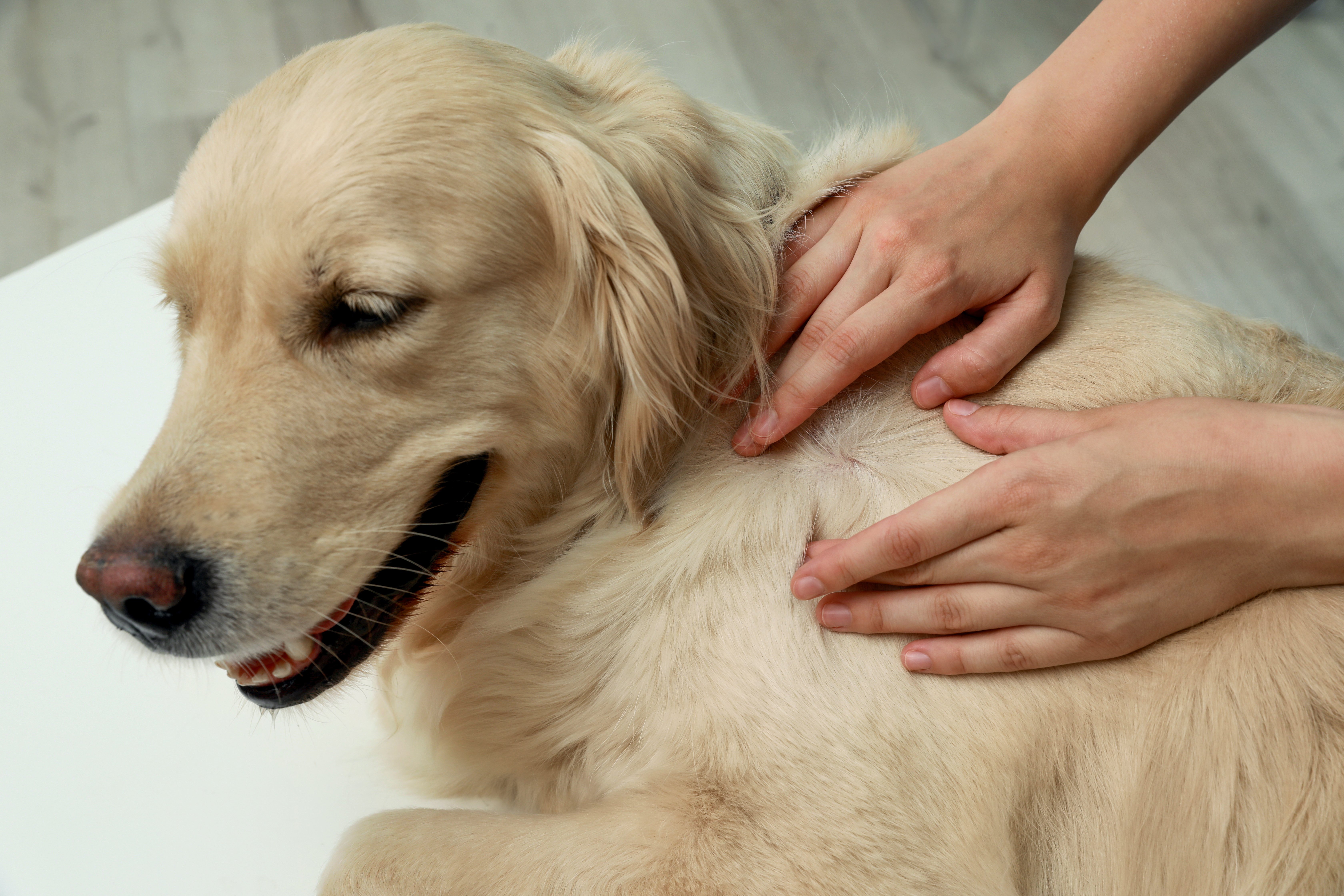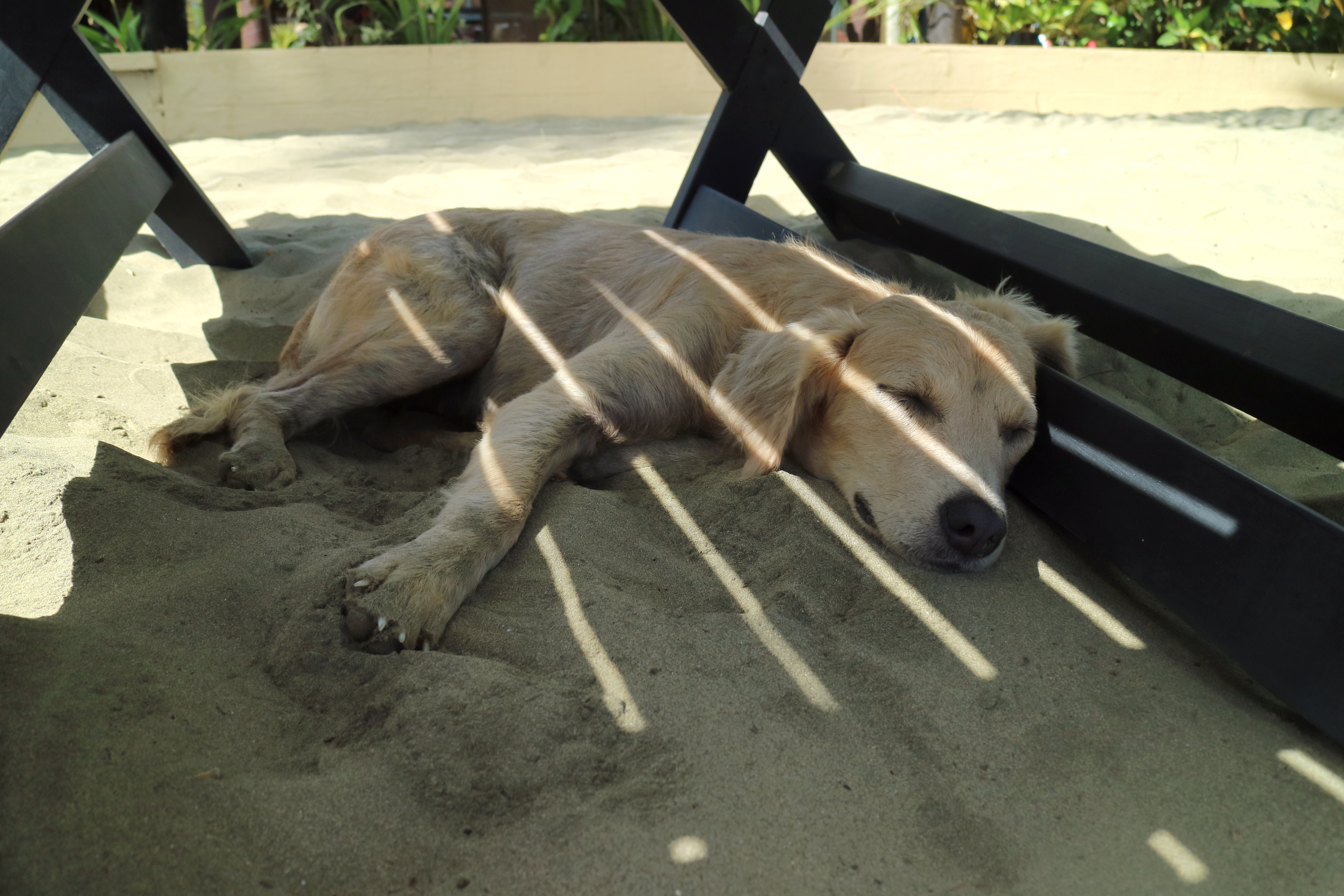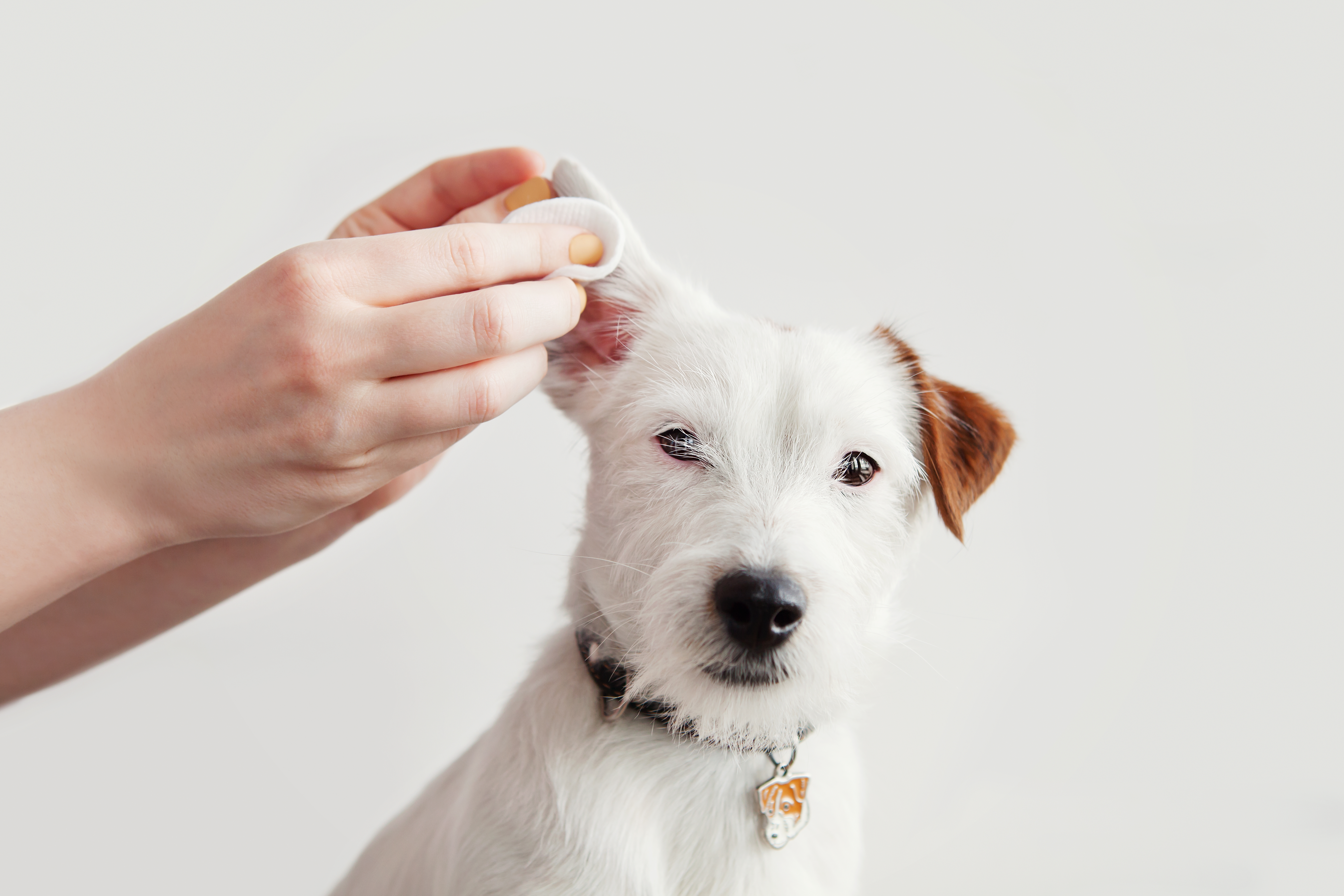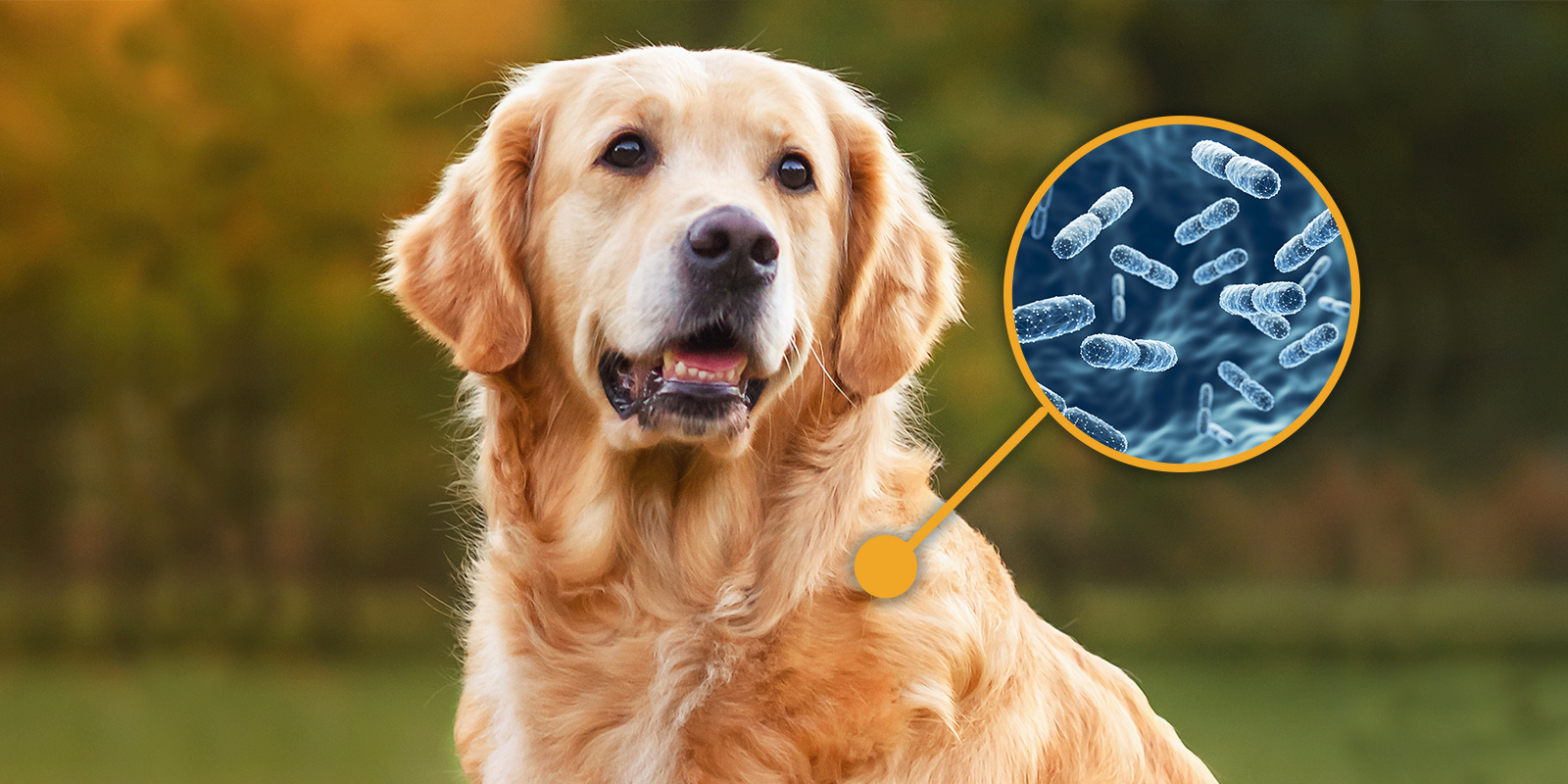As a pet parent, you want your pet to be happy and healthy. One common issue that can affect your pet's comfort and overall well-being is skin problems. One common issue is dry, flay and oily skin, as known as Seborrhea. It is characterized by the excessive production of sebum, an oily substance produced by the sebaceous glands in the skin. This overproduction can lead to flaky, scaly skin and a greasy coat, making pets uncomfortable and prone to skin infections.
What can cause these issues?
Pets can develop these problems for various reasons, including genetics, environmental factors, diet, and underlying health conditions. Understanding the root cause is essential for effective treatment.
Whether your pet has dry, flaky skin or an oily, greasy coat, understanding these conditions can help you take the right steps to manage and treat them effectively.
Dry, Flaky Skin
Symptoms:
- White flakes resembling dandruff.
- Itchiness and scratching.
- Dry, rough patches on the skin.
- Possible hair loss in affected areas.
Causes:
- Environmental Factors: Low humidity, especially in winter, can dry out your pet's skin.
- Diet: Poor nutrition or deficiencies in essential fatty acids.
- Bathing: Over-bathing or using harsh shampoos can strip the skin of natural oils.
- Health Issues: Conditions like hypothyroidism or allergies.
How to Help:
- Moisturizing Shampoos: Use pet shampoos designed for this condition such as Dermoscent Essential 6 Sebo shampoo or Zincoseb.
Zincoseb is recommended for flaky skin. It helps to normalise sebum production and reduce dandruff, by stimulating the formation of new skin cells. It also has a moisturising effect and a pleasant smell. It is available as shampoo or rinse-free foam.
Thanks to its soap-free formula rich in in active ingredients of 100% natural origin, Dermoscent Essential 6® Sebo Shampoo gently cleanses, eliminates dandruff and bad odors, improves coat shine and rebalances the skin. Moreover, it moisturizes and helps reinforce the skin barrier.
- Omega-3 Supplements: Adding fish oil or omega-3 supplements to your pet's diet can improve skin hydration.
Dr Baddaky Omega-3 is a premium-quality fish oil produced in Norway with high levels of essential omega-3 fatty acids (EPA and DHA) for promoting healthy skin, coat and overall health.
- Balanced Diet: Ensure your pet's diet is rich in essential fatty acids and nutrients.
- Humidifiers: Use a humidifier in your home to maintain proper moisture levels in the air.
Oily, Greasy Skin
Symptoms:
- Greasy or oily coat.
- A strong, unpleasant odor.
- Yellow or brownish scales on the skin.
- Increased risk of infections.
Causes:
- Genetics: Some breeds are more prone to oily skin, including Basset Hounds and West Highland White Terriers.
- Hormonal Imbalances: Conditions like Cushing's disease or hypothyroidism.
- Allergies: Food or environmental allergies can trigger excessive oil production.
- Infections: Bacterial or fungal infections can exacerbate oiliness.
How to Help:
- Regular bathing with medicated shampoos: such as Zincoseb or Dermoscent Essential 6® Sebo Shampoo with its sebo-regulating action provides an efficient solution to oily skin and coat.
- Diet and Supplements: A diet rich in high-quality proteins and supplementation with Dr Baddaky omega-3 fatty acids can support healthy skin.
- Veterinary Care: If your pet's oily skin is severe, consult your vet for possible underlying health issues and targeted treatments.
Consult with your vet
If your pet's skin condition persists despite home care, it's essential to consult your veterinarian. Persistent skin issues can indicate underlying health problems that require professional diagnosis and treatment. Look out for these signs:
- Excessive scratching or licking.
- Redness, swelling, or sores.
- Unpleasant odor from the skin.
- Changes in behavior or appetite.
Preventing Skin Problems
Preventing skin issues is always better than treating them. Here are some tips to keep your pet's skin healthy:
- Regular Grooming: Brush your pet regularly to remove loose fur and distribute natural oils.
- Balanced Diet: Feed a high-quality diet tailored to your pet's needs.
- Hydration: Ensure your pet drinks plenty of water to stay hydrated.
- Safe Environment: Avoid exposure to harsh chemicals or allergens.
Caring for your pet's skin is an essential part of ensuring their overall health and happiness. By understanding the causes and treatments for dry, flaky skin and oily, greasy skin, you can help your pet feel more comfortable and prevent future problems. Always consult with your veterinarian for the best advice and treatment options tailored to your pet's specific needs.
 Global English
Global English

 Danmark
Danmark
 Deutschland
Deutschland
 Bélgique (FR)
Bélgique (FR)
 Nederland
Nederland
 Norge
Norge
 Sverige
Sverige



